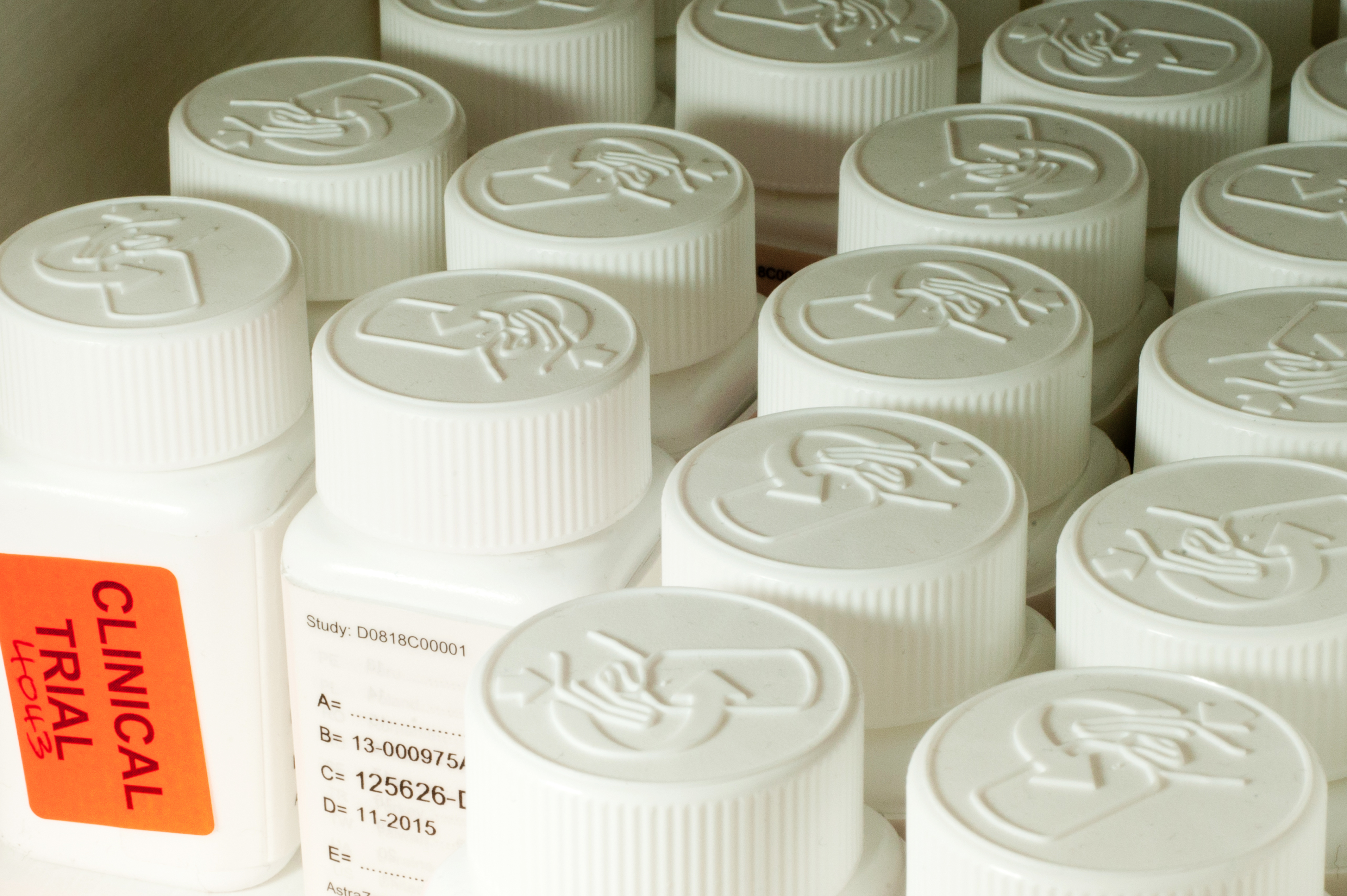The last of the presentations are being given at this year’sAmerican Association for Cancer Research (AACR) conference, and the organisers are preparing to bring one of the biggest events in the cancer calendar to a close for another year.
It’s time to ask what are the major themes to have emerged from this mammoth event – involving around 18,000 clinicians and scientists from around the globe – and how the discussions here will help shape the cancer research agenda for the months and years to come.

‘Harnessing Breakthroughs – Targeting Cures’ was the strapline for the AACR conference this year – with the focus very strongly on translational research. That’s an area close to our heart here at The Institute of Cancer Research in London, and the backbone of our scientific strategy. Many talks and sessions at the conference this year reflected on the fact that the translation of basic science into clinical advances for the benefit of cancer patients is occurring at an increasing pace and more seamlessly than ever before.
Lots of scientists from the ICR were in attendance, and our website last week reported on how their presentations were focusing on finding new, smarter ways of attacking cancer designed specifically to tackle drug resistance – which is probably the most important challenge currently facing cancer researchers and clinicians.
I managed to speak to Dr Marco Gerlinger – head of our Translational Oncogenomics Team who was chairing a session at the AACR – to find out what he took back from the conference. “Optimising personalised medicine and developing effective treatment strategies were the big topics this year,” says Dr Gerlinger. “This is mainly being driven by two things. One is through the advances in genomic techniques, which are providing increasingly detailed insights into the genetic drivers of cancer and the evolution of acquired drug resistance. The second is patient-derived cancer cells, which are allowing the rapid preclinical testing of new drug combinations – a strategy that can be used to overcome drug resistance. I think this integration of genomics with functional models is extremely powerful, and we should soon see a number of new exciting clinical trials testing these drug combinations.”
Discussion surrounding tumour heterogeneity and its clinical impact was a hot topic at the AACR, as it has been at a number of recent conferences, and Dr Gerlinger was asked to chair a session on 'tumour heterogeneity and clonal evolution’. He told me: “New data are emerging that show genetic heterogeneity is far more common that we thought, and is present in acute myeloid leukaemia, glioblastoma, and lung, breast, and head and neck cancers. Because of this, we need to start looking at heterogeneity much more closely, so we can try to understand the processes and rules governing cancer evolution. Once we get a firmer understanding on this, we can begin to integrate heterogeneity assessments into personalised therapy strategies. It's also becoming clear that cancer genomic landscapes of heterogeneous and evolving cancers can change quite dramatically during treatment. There seems to be an increasing consensus that we need to re-biopsy tumours before every new line of treatment if we want to make treatment personalisation a reality.”
One of the aims of the AACR is to provide a unique opportunity for members of the world-wide cancer research community to learn about cutting-edge advances, obtain feedback on their own research, and make connections that will foster future collaborations. Our Deputy Chief Executive – Professor Paul Workman – took time out of his busy schedule to expand on how this works: “This is a fantastic concentration of cancer scientists who are coming together to discuss world-leading cancer research. With around 18,000 attendees, the atmosphere has a real buzz about it. As well as listening to, and delivering great presentations, we have invested a lot of time meeting other scientists, exchanging information, and are setting-up new collaborations, as well as maintaining our ongoing collaborations. We are discussing ideas with a lot of academic scientists and also many companies, meaning that we can speed up scientific advances, and achieve patient benefit more quickly.”
The AACR meeting has once again offered a fantastic opportunity for the brilliant minds in cancer research not only to showcase their work, but to learn from each other. There’s no doubt that tumour heterogeneity and drug resistance are important problems that need to be solved – but reading some of the exciting science coming out of this year’s meeting, it’s equally clear that researchers at the ICR and around the world are up to the challenge.
comments powered by